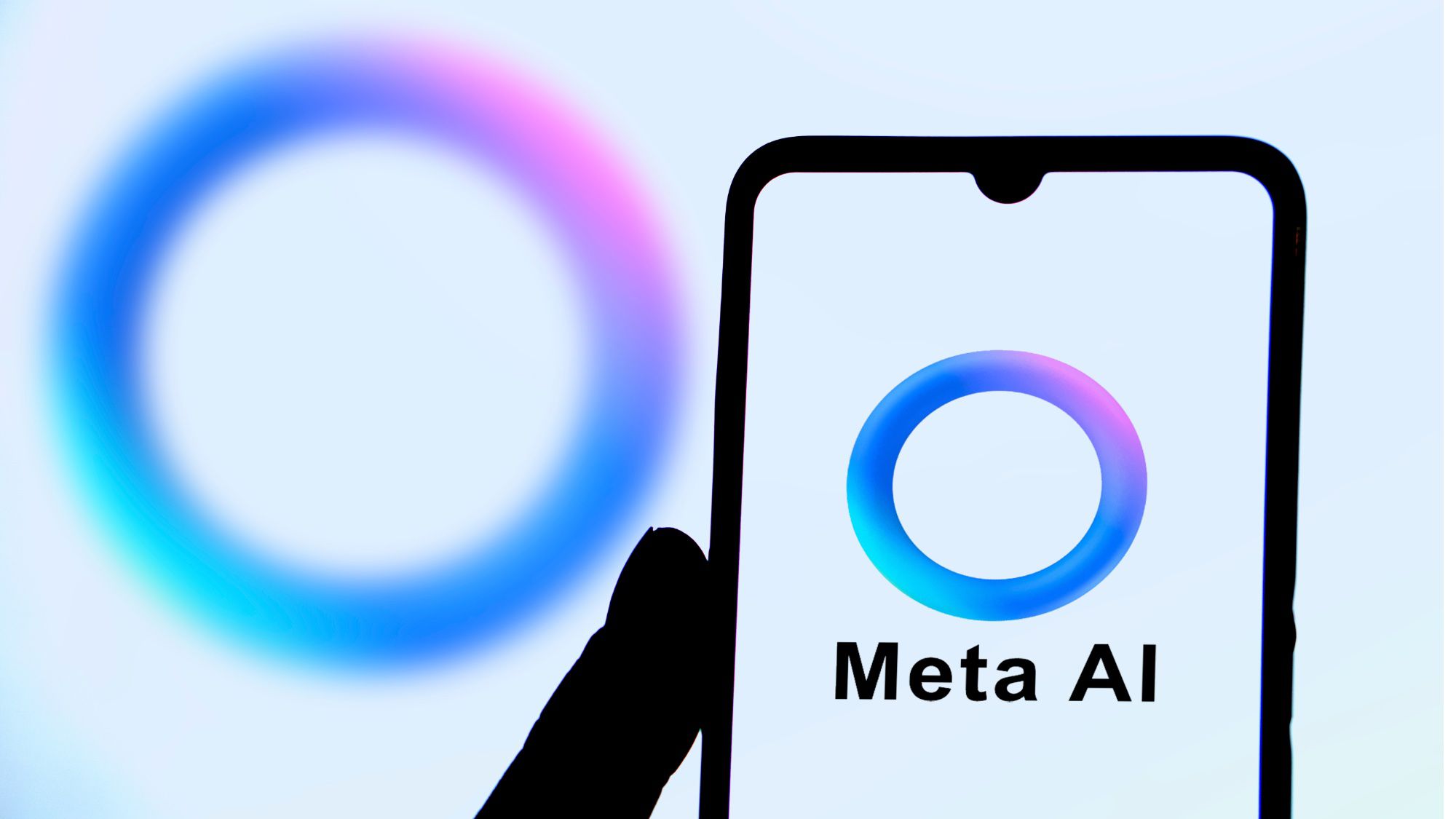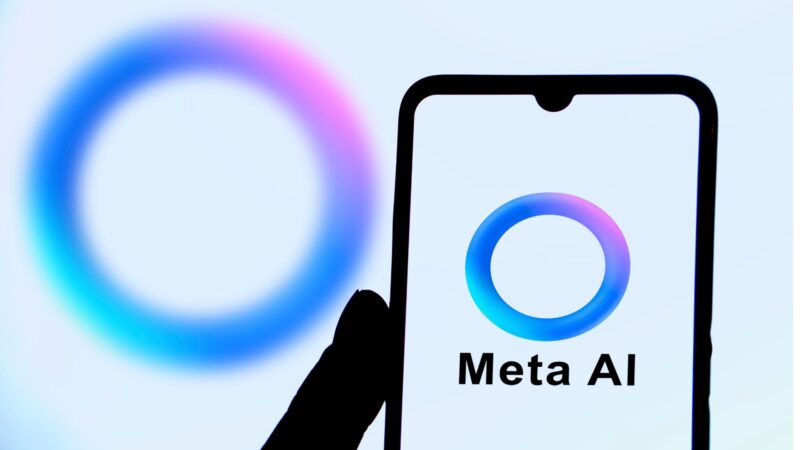
If you’ve been chatting with Meta AI on WhatsApp, Instagram, or Facebook, there’s something you need to know. Starting 16 December 2025, Meta will begin collecting and analysing the conversations users have with its AI assistant. The company says this will help it improve AI tools and personalise your online experience, but it also raises serious privacy concerns for millions of users, especially in countries like Nigeria, where Meta’s apps are a huge part of daily life.
This means every time you ask Meta AI a question, the chat might be stored, reviewed, and used to train its algorithms or recommend ads. The update will affect WhatsApp AI chats, Instagram AI, and Facebook AI, changing how data privacy works across all Meta platforms.
What Is Changing in December?
From December, Meta will roll out an AI data collection policy that lets the company store and analyse your AI chat activity. The policy covers:
-
Texts and prompts sent to Meta AI in chats or DMs
-
Topics you talk about (for ad personalisation and AI training)
-
Some device and app usage data
Meta says it won’t use sensitive information, like your religion, health, or political opinions, for advertising. However, those details might still be collected and processed to train its AI models.
In simple terms: the more you chat with Meta AI, the more data Meta learns about you, and the smarter its algorithm becomes.
Why This Update Affects Nigerians Too
Nigeria is one of Meta’s biggest markets in Africa. With millions of people using WhatsApp for business, Instagram for marketing, and Facebook for community groups, this update could affect how personal information moves across these apps.
Imagine you run a small business and use WhatsApp AI to draft messages or generate captions. Those chats may now become part of Meta’s AI training data. The same applies to Instagram DMs and Facebook interactions where Meta AI is active.
The concern here is transparency and control, users in Nigeria and other regions outside Europe may not get the same privacy protections as those under the EU’s GDPR rules.
Can You Opt Out of Meta AI Data Collection?
This is where things get tricky. Meta doesn’t offer a full opt-out option for users who want to keep using AI features. However, you can take some important steps to limit how much data Meta AI collects and uses.
Below is a clear, step-by-step guide for anyone who wants to protect their privacy on WhatsApp, Instagram, and Facebook.
How to Protect Your Privacy From Meta AI
These settings help reduce how much of your information Meta collects for AI training and ads.
1. Submit an Objection Request
-
Go to Settings → Privacy Centre → AI at Meta → “Submit an objection request.”
-
This is the only official way to tell Meta you don’t want your data used to train its AI models.
2. Delete AI Chat Data Already Collected
-
Open Meta AI → Settings → Manage your information → Delete chats and media.
-
This removes chats and media files that Meta AI has been using to train on your DMs.
3. Stop Websites From Sending Data to Meta
-
Navigate to Accounts Centre → Ad Preferences → Your activity off Meta technologies → Turn off.
-
This stops other websites and apps from sending your browsing activity to Meta.
4. Unlink Your Accounts
-
Head to Accounts Centre → Accounts → Unlink Facebook, Instagram, and WhatsApp.
-
Meta connects your activity across these platforms to build a single detailed profile. Unlinking breaks that connection.
5. Regularly Delete Your Meta AI History
-
Every time you chat with Meta AI, go to Settings → Delete your history.
-
This ensures your recent interactions don’t remain as permanent training data.
Why Users Are Concerned
Tech analysts and privacy advocates have raised concerns about how Meta handles user data. While the company says the policy improves AI accuracy and user experience, many users argue that this level of monitoring goes too far.
AI chat data can reveal a lot: your habits, interests, and even emotions. For Nigerians using WhatsApp to manage business deals, plan events, or share personal thoughts, this kind of data collection might feel intrusive.
In addition, many users outside Europe don’t have strong regional data protection laws like the GDPR. That means it’s crucial to take individual privacy steps, especially before the Meta AI rollout becomes automatic in December.
How Meta’s AI Could Still Be Useful
Of course, there’s another side to the conversation. Meta’s AI is designed to make daily digital life smoother; helping you write posts, summarise messages, or even generate ideas. The issue isn’t the technology itself but how the data behind it is managed.
If Meta improves its transparency, users could enjoy smart AI features without feeling like their personal data is being exploited. Until then, the best approach is to use the AI tools cautiously and review your privacy settings frequently.
RELATED: Spotify Now Allows You See Weekly Listening Stats
Meta’s upcoming AI policy is a strong reminder that online privacy is no longer automatic, it’s something you have to manage yourself. Starting December 2025, your AI chats on WhatsApp, Instagram, and Facebook could be collected and analysed to power Meta’s AI systems.
If that makes you uneasy, take the time to adjust your settings, unlink your accounts, and delete old chat data. You don’t have to stop using Meta AI completely, but it’s wise to understand how it works and keep control over what you share.
As AI becomes part of everyday digital life, being informed is the most powerful way to stay safe online.








